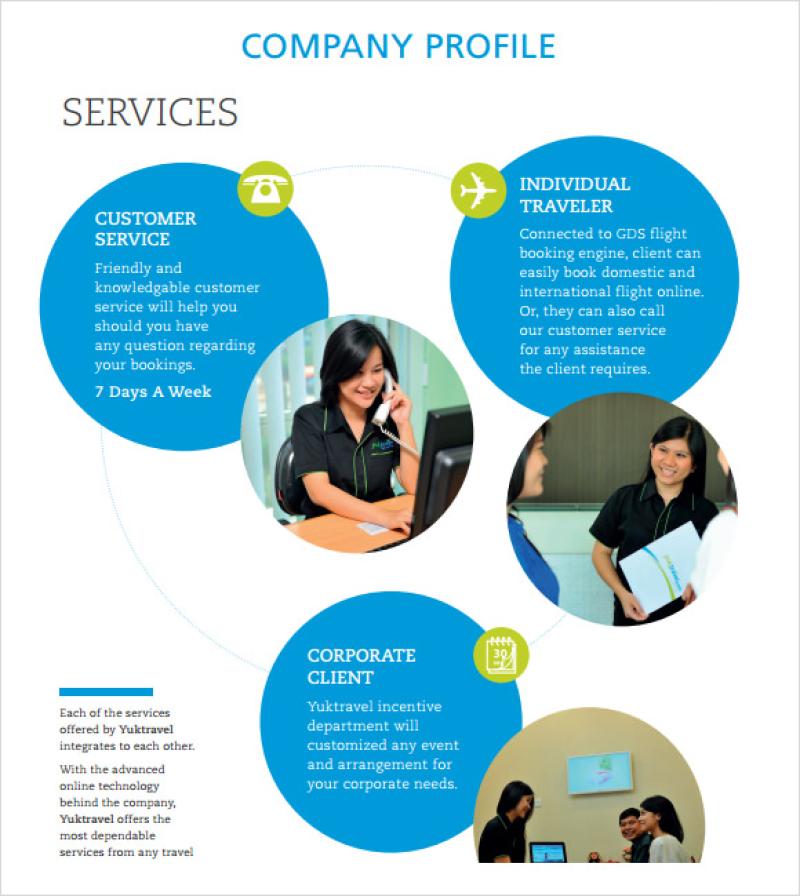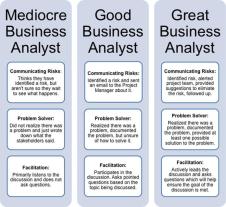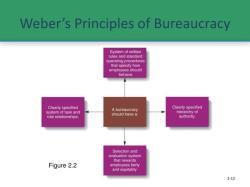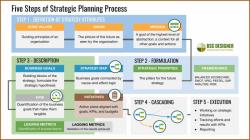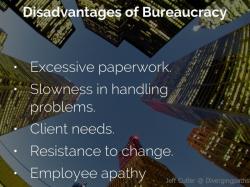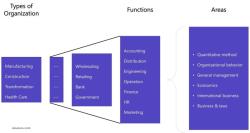What is a corporate profile?
A corporate profile, also known as a company profile, is a comprehensive document that provides an overview of a business or organization. It serves as a snapshot of the company's identity, showcasing key information about its history, mission, values, products or services, achievements, and other relevant details. The primary purpose of a corporate profile is to present a positive and informative image of the company to various stakeholders, including customers, investors, partners, and employees.
Here are common elements found in a corporate profile:
Company Overview:
- Brief introduction to the company, including its name, location, and founding date.
Mission and Vision Statements:
- Statements that articulate the company's purpose, values, and long-term goals.
History:
- A chronological account of the company's development, major milestones, and key events.
Leadership Team:
- Information about the key executives and leaders within the company, including their roles and backgrounds.
Products or Services:
- Description of the company's main products or services, along with any unique features or value propositions.
Target Market:
- Identification of the target audience or market segment that the company aims to serve.
Achievements and Milestones:
- Highlights of notable accomplishments, awards, and significant achievements.
Financial Performance:
- Key financial information such as revenue, growth rates, and profitability, if applicable.
Corporate Culture:
- Insights into the company's values, culture, and work environment.
Social Responsibility:
- Information about the company's commitment to corporate social responsibility, sustainability, and community involvement.
Clients or Customers:
- Recognition of major clients or customers, especially if they are well-known or influential.
Partnerships and Collaborations:
- Details about strategic partnerships, collaborations, or alliances with other organizations.
Contact Information:
- Essential contact details for the company, including physical address, phone numbers, and website.
A well-crafted corporate profile serves as a valuable marketing and communication tool, helping to build trust, attract customers, and establish the company's credibility in the marketplace. It is often used in marketing materials, business proposals, investor relations, and on the company's website.
Business identity: What is a corporate profile?
A corporate profile, also known as a company profile, is a document that provides a comprehensive overview of a company. It typically includes information about the company's history, mission, vision, values, products or services, target market, competitive landscape, and financial performance. Corporate profiles can be used for a variety of purposes, such as:
- Attracting investors, partners, and customers
- Recruiting employees
- Building relationships with the media
- Raising awareness of the company and its products or services
- Positioning the company as a thought leader in its industry
Defining and exploring the components of a corporate profile and its importance
The following are some of the key components of a corporate profile:
- Company overview: This section should provide a brief overview of the company, including its history, mission, vision, and values.
- Products or services: This section should describe the company's products or services in detail, including their benefits and features.
- Target market: This section should identify the company's target market and explain how the company's products or services meet the needs of that market.
- Competitive landscape: This section should identify the company's key competitors and explain how the company's products or services are different from and better than those of its competitors.
- Financial performance: This section should provide a summary of the company's financial performance, including its revenue, profits, and growth rates.
Corporate profiles are important because they can help businesses to:
- Communicate their core values and identity. A corporate profile can help businesses to communicate their core values and identity to their target audience. This can help to build trust and credibility with potential customers, partners, and investors.
- Generate interest in their products or services. A corporate profile can help businesses to generate interest in their products or services by providing potential customers with detailed information about what they offer.
- Differentiate themselves from their competitors. A corporate profile can help businesses to differentiate themselves from their competitors by highlighting their unique selling proposition (USP).
- Attract and retain top talent. A corporate profile can help businesses to attract and retain top talent by showcasing their company culture and values.
Tips for businesses in creating an effective and informative corporate profile
Here are some tips for businesses in creating an effective and informative corporate profile:
- Be clear and concise. Your corporate profile should be easy to read and understand. Avoid using jargon or technical language.
- Be honest and transparent. Be honest and upfront about your company's strengths and weaknesses.
- Be engaging and informative. Your corporate profile should be more than just a list of facts and figures. It should be a story that tells your company's journey and inspires your audience.
- Use high-quality visuals. High-quality images and videos can make your corporate profile more visually appealing and engaging.
- Tailor your corporate profile to your target audience. Consider your target audience's needs and interests when writing your corporate profile.
By following these tips, businesses can create effective and informative corporate profiles that will help them to achieve their desired goals.
